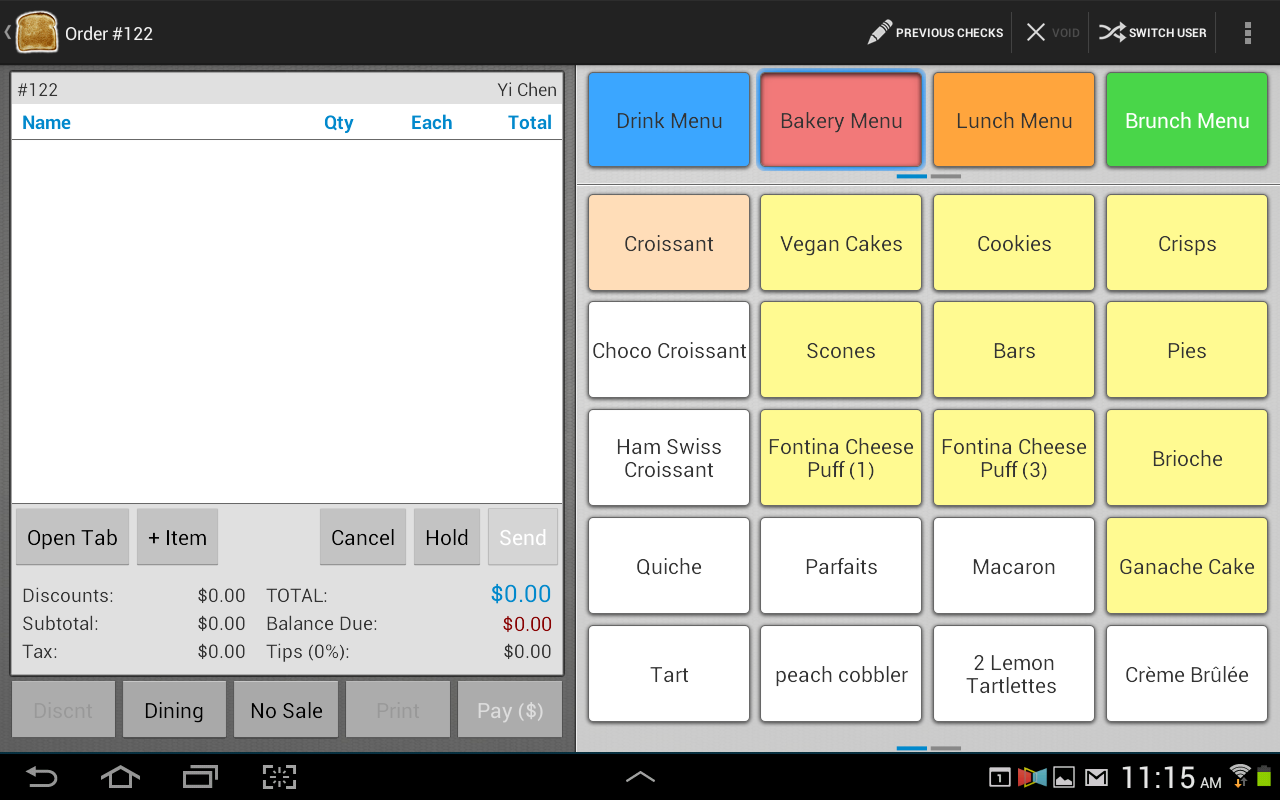In the dynamic world of the service industry, boosting guest experience is crucial to success. As businesses strive to differentiate themselves in a challenging market, the adoption of modern technology plays a crucial role. Among these innovations, Point of Sale (POS) systems have emerged as powerful assets that not only enhance operations but also elevate the overall experience for guests. From hassle-free transactions to comprehensive data analytics, a contemporary POS system is more than just a cash register; it is an integral component of a successful hospitality business.
The evolution of POS systems has seen a shift from conventional cash registers to advanced, cloud-based solutions. This transformation has revolutionized how businesses function and engage with their guests. In this write-up, we will explore what a POS system is, how it can revolutionize hospitality operations, and the best features to look for when picking a system for your business. By comprehending the impact of these systems, businesses can utilize their capabilities to create memorable experiences for their guests.
Grasping POS Solutions
A POS solution is a digital solution that streamlines the sales process between companies and their customers. At its heart, it combines software and hardware to handle sales, streamline operations, and improve the complete customer satisfaction. Modern POS solutions extend beyond classic cash registers, offering a broad range of functionalities such as transaction handling, stock control, and even customer engagement. As a key hub for financial and operational information, POS solutions play a crucial role in day-to-day business activities.
The evolution of POS systems has seen a significant change from mechanical cash machines to sophisticated cloud-based platforms. This transition demonstrates a wider trend in technology, enabling companies to get real-time data from anywhere, boost security capabilities, and improve trustworthiness. With internet-based solutions, businesses enjoy automatic updates, remote access, and a more flexible infrastructure. Such developments empower businesses to customize their POS solutions to meet specific industry requirements, thereby improving operational effectiveness and flexibility.
In the hospitality industry, the function of POS systems extends beyond mere transaction handling. They function as a critical tool for improving guest satisfaction, allowing for faster service, personalized services, and better general management of customer interactions. By integrating best pos system for restaurant as mobile transactions and contactless transactions, hospitality businesses can respond to the evolving desires of their customers. As a result, investing in a modern POS system is essential for staying competitive and ensuring a seamless, pleasant time for clients.
Changing Enterprise with Contemporary POS Systems
Contemporary POS systems have radically changed the landscape of companies, especially in the hospitality industry. Gone are the eras when only conventional cash registers were in operation. Today’s POS systems are fitted with cloud-based technology, facilitating immediate data access and management. This transformation not only streamlines transactions but also improves operational efficiency by combining various business functions like inventory management and sales analytics into a cohesive user-friendly interface.
Incorporating a up-to-date POS system allows businesses to deliver an enhanced customer experience. Customer interactions are smoother and more customized, thanks to the data-driven insights that these systems provide. With features like mobile POS capabilities, staff can serve guests away from the counter, expediting service and creating a more engaging atmosphere. The implementation of contactless payments further hastens the transaction process, appealing to a tech-savvy clientele that prioritizes speed.
Furthermore, modern POS systems are designed to evolve with the business, offering flexible solutions that cater to the evolving needs of hospitality venues. As operations grow, these systems can readily integrate extra features and functionalities, ensuring a smooth transition. This adaptability not only aids in maintaining customer satisfaction but also contributes to improved employee productivity, permitting staff to focus on delivering outstanding service rather than getting caught up by administrative tasks.
Security and Integration of POS Solutions
The security of POS solutions is essential in the hospitality industry, where the protection of sensitive customer data is critical. Businesses must make sure that their POS solutions are designed with robust security measures to fend off cyber threats. This includes encryption of data during exchanges, protected payment handling, and compliance with industry regulations like PCI DSS. Routine updates and security audits are crucial to safeguard against threats, guaranteeing that the solution remains strong to new threats.
Integration is another key element of modern POS systems that greatly enhances efficiency in hospitality operations. A well-integrated POS can smoothly link with other business systems, such as financial software and stock management tools, streamlining processes and reducing the risk of human error. This integration means that businesses can control their operations more effectively, merging customer data and sales insights to make smart decisions that drive success.
In addition, the role of customer relationship management (CRM) systems within POS connecting cannot be overlooked. By connecting POS data with CRM systems, businesses can gain a deeper understanding of their customers’ likes and actions. This enables personalized experiences, targeted marketing strategies, and ultimately, improved customer engagement. A secure and integrated POS system not only enhances operational efficiency but also contributes significantly to enhancing the overall guest satisfaction in hospitality.

